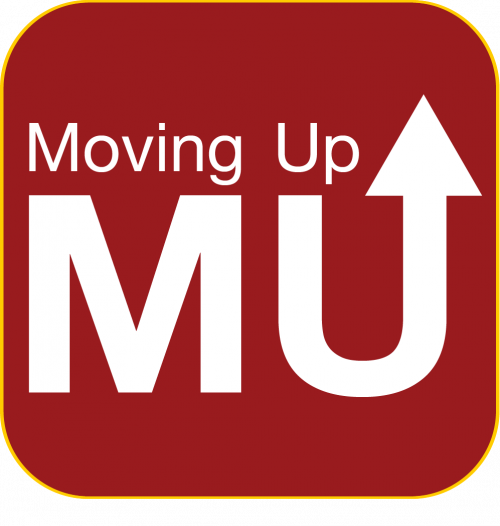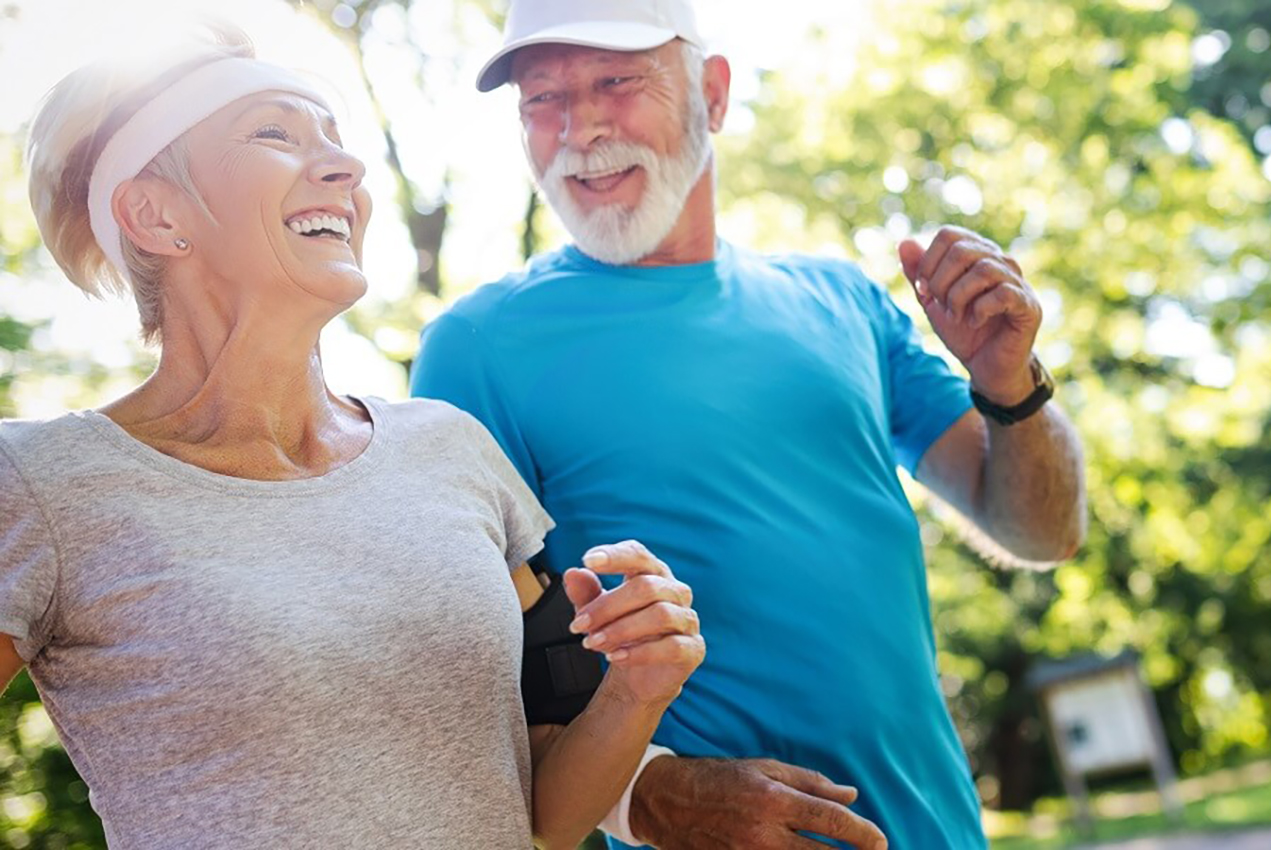Stacey Schepens Niemiec, PhD, assistant professor of research at the USC Mrs. T.H. Chan Division of Occupational Science and Occupational Therapy, is passionate about using technology to improve the health of older adults. With less than 10% of people 65 and up meeting the national guidelines for physical activity, she and her colleagues are developing Moving Up, a smartphone app tailored specifically for older people to help get them moving.
Schepens Niemiec pointed out that most ads for fitness apps and wearables target younger demographics. The specific issues that older populations may have with physical activity often end up getting ignored.
“The issue isn’t just about to whom [health and wellness] products are marketed,” she added. “These technologies rarely include consideration of the unique factors relevant to older adults.”
There are many reasons for the lack of physical activity in older adults, including social stereotypes, a lack of confidence and a lack of social support. But Moving Up aims to address these limitations. The app targets both the mind and the body, incorporating concepts from social cognitive theory and stereotype embodiment theory. For example, one feature offers individualized education and motivational prompts to support users on their physical activity journey.
“It’s designed in a way to help older adults overcome some of the more nuanced barriers they may face to living an active lifestyle,” explained Schepens Niemiec.

The team behind this app includes co-investigators from the Keck School of Medicine of USC and the Alzheimer Disease Research Center at USC, with a data management platform provided by researchers from the Informatics Systems Research Division (ISRD) at the Information Sciences Institute (ISI), part of the USC Viterbi School of Engineering. The app is funded by the National Institute on Aging at NIH.
Moving Up is currently in trials with 100 adults between the ages of 65 and 84 who accumulate less than 150 minutes of activity per week. After each phase of the research project, the team will examine the collected data so they can continually upgrade and optimize the app, ultimately creating a template that can be used to help enhance future fitness apps as well.
Once the data collection phases of the study are complete, her investigative teams will have the information they need to optimize the app’s usability, efficacy and general appeal.
“We have plans to continue this iterative development process and conduct larger-scale trials that will test newer versions of Moving Up,” Schepens Niemiec said. “Should it turn out that Moving Up is effective and desirable to older adults, my team will work to make the app widely available to the community.”
— Rishbha Bhagi


